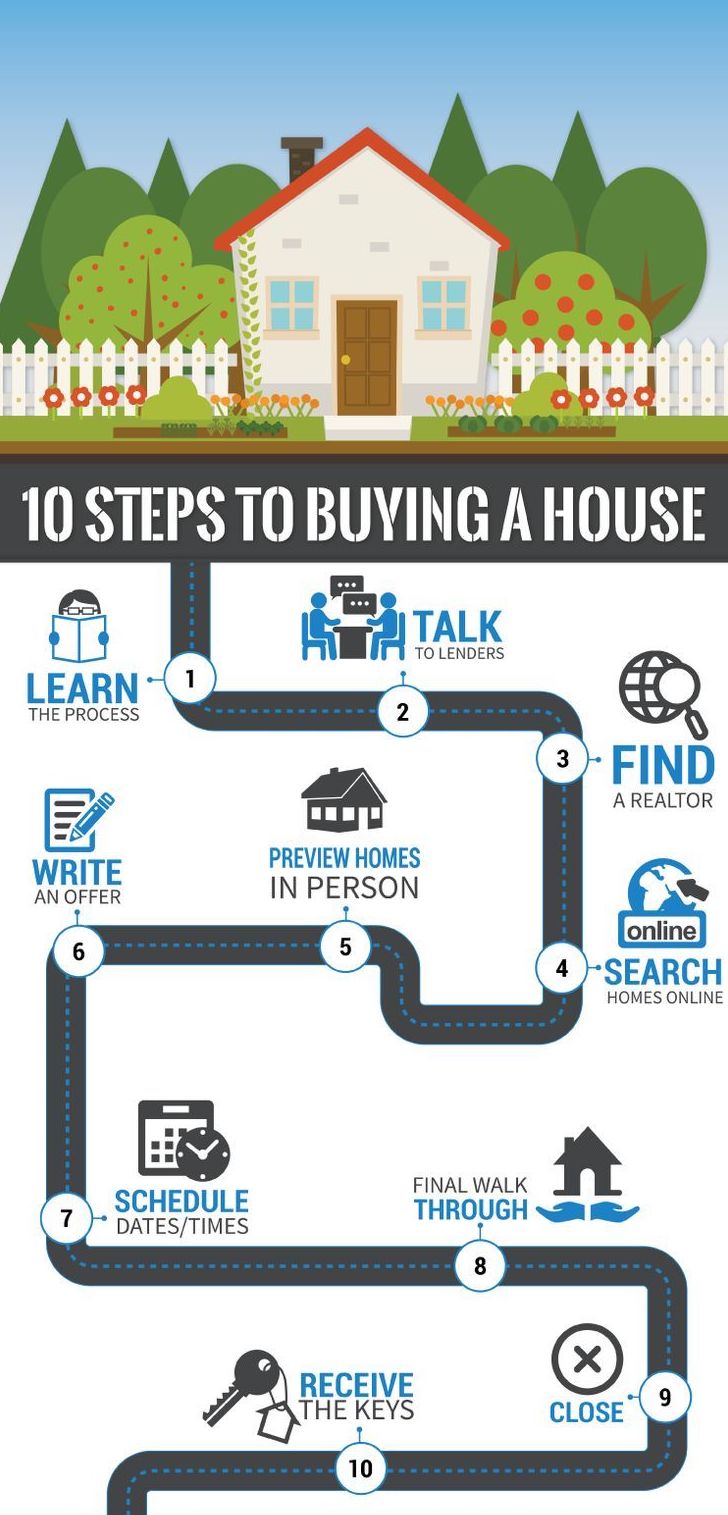Most people have an instinctive love of music. We may differ on which genre is our favorite (and whether or not we can sing in tune), but the benefits of music are there for us all.
You probably know some of them offhand, just by the way you feel after listening to your favorite song. However, music goes much deeper for your health than just a perception of feeling better. It actually influences your brain and body in powerful ways.
Here’s more on the therapeutic potential of music and specific ways it can boost your health.
How Music Works (What We Know & Don’t Know)
Music has a very ethereal quality to it, making it seem almost set apart from the physical world. But like everything else we can sense, it has a specific way of interacting with your brain.
Basically, all sounds, including music, are vibrations that travel through the air and enter your ear canal. Experts believe that they are then transmitted to the brain stem as an electrical signal that goes through the auditory nerve. In the case of music, your brain translates individual sounds and notes into songs and rhythms.
That being said, researchers still aren’t sure exactly how- or why- what we call music has such a powerful effect on the brain. Or, for that matter, what causes people to like a certain style of music and dislike another.
There is, however, absolutely no doubt that music has a very unique effect on brain activity.
Studies done with MRI technology have repeatedly found that both listening to and creating music light up certain areas of the brain. Notably, the scans showed remarkably similar patterns based on music preference rather than type of music.
This is something to keep in mind as you read more about the benefits of music. While the type of music does have some influence, ultimately your favorite songs and genre are going to affect you the most.
So don’t let anyone convince you that your taste in music is poor! Your brain knows best.
The Benefits of Music for Mind & Body
Stimulates Your Brain & Boosts Recovery

As shown by brain scans, one of the biggest effects of music is to stimulate your brain. Research is still ongoing in this area, but it’s clear already that there is a lot of complexity involved.
Music preference, music style, tempo, lyrics vs. no lyrics, and how complex the music itself is all seem to play a role in how your brain is affected. Also, brain activity in areas associated with vision decreases when you are focused on listening. This indicates that music can ‘fire up’ your brain in ways other activities can’t.
An area where this could prove tremendously helpful is recovery from brain injury.
As a case in point, studies indicate that music therapy could be a powerful aid for stroke recovery. One study found that it can be particularly beneficial in the early stages after a stroke. Those who listened to music for a few hours each day had better recovery of verbal memory and attention compared to audio books or no listening material.
Improves Learning and Memory
With its stimulating effects, it should come as no surprise that music can boost memory and learning ability. Many very different studies have demonstrated this clearly.
In one study, participants who listened to classical music while they worked outperformed those who listened to no music or white noise on a memory test. The researchers also noted that processing speed improved the most with upbeat music.
Other research has revealed that putting something you are trying to memorize to music can give you much better recall accuracy. This could explain why remembering the lyrics to a new song is easier than recalling a lecture.
Also, while music doesn’t seem to reverse memory loss in those with neurological disorders, it has been shown to slow cognitive decline and improve working memory in certain dementia patients.
The bottom line? Keep listening to music regularly as you get older!
Boosts Your Mood & Lowers Stress

The benefits of music for mood and stress are practically self-evident. The right song can take you from grouchy or tense to uplifted in just a moment or two. In fact, researchers have found that managing or changing mood is the number one reason people listen to music.
So why does music work so well for mood?
One reason is that more of the mood-enhancing chemical dopamine is released in your brain when you are listening to music. There’s also evidence that levels of cortisol (the stress hormone) drop in response to music, which explains its stress-lowering potential.
In this case, music type almost certainly makes a different (as well as personal favorites). For example, listening to sad music is unlikely to lift your mood like an upbeat tune will.
May Reduce Symptoms of Depression & Anxiety
When combined with traditional therapies, music seems to have the power to improve symptoms of anxiety and depression.
Multiple studies have shown that music helps people to feel less anxious, even though the effects are usually temporary. This seems to be especially true when people are facing severe circumstances, like a critical illness or surgery recovery.
Due to its dopamine-releasing properties, music can also positively affect depression symptoms.
Research shows that it can be helpful at all ages but particularly for children. A study from Bournemouth University in England discovered that music therapy helped reduce depression in children aged 8-16 more effectively than conventional treatment alone.
Once again, genre matters in this specific instance. Sad or nostalgic songs can actually increase depression symptoms. Classical music, jazz, and generally upbeat songs seem to be most effective.
Stimulates Creativity

The benefits of music for creativity are fascinating and complex.
To start with, the stimulation of creativity has most definitely been associated with ‘happy music’ in studies. It also has the most effect on a particular type of creativity known as divergent thinking.
Divergent thinking involves coming up with multiple answers or ideas and “transforming information into unexpected forms.” It can be thought of as the more free-flowing and spontaneous type of creativity.
On the other hand, listening to music can actually impair the type of creativity needed for problem solving. This is in the realm of convergent thinking, which involves a logical process of deriving the single best answer to a problem.
From these results, it would appear that music can inspire you for creative processes like art and writing but may not be the best choice when you’re trying to solve a complex problem (or during homework time).
Good for Heart Health
Music is good for your physical heart as well as your emotional heart. In general, it has been found to lower blood pressure (systolic and diastolic) and heart rate.
However, the effects of music on blood pressure and heart rate depend on what style you’re listening to. For example, music with a fast tempo has been shown to increase blood pressure and heart rate.
But before you switch off your upbeat tunes, there’s more. The same study that reported these findings also documented that blood pressure and heart rate dropped after the music was over- to numbers below the baseline of the participants.
Fast tempo music can be good for your heart after all.
Music may also have a role to play in healing the heart. One study found that music therapy reduced stress and lowered heart rate in patients recovering from a heart attack. What’s more, patients in the music therapy group had a lower incidence of cardiac complications than those in the control group!
Lessens Fatigue & Boosts Exercise Performance

Turning on your favorite song can give you an instant energy boost- and there’s research to back this up.
Studies show that listening to music helps reduce mental fatigue (like when you’re completing a long, repetitive task). It also can help relieve feelings of physical fatigue as evidenced by a study that found it reduced radiation-related fatigue in cancer patients.
And the benefits of music go beyond simply making you feel less tired.
There’s a reason athletes and exercise lovers frequently have earbuds in their ears. Music enhances motivation before an athletic event, can help you workout longer, and stimulates you to compete or exercise at your peak. In short, it boosts athletic and exercise performance.
One study even found that listening to music during a 5K race improved running performance and inspired the athletes to run faster than normal.
Helps With Pain Management
Another fascinating side of music is that it can help to reduce pain. It’s not a treatment for pain in and of itself, but there is clear evidence that it helps decrease both acute and chronic pain (or possibly the perception of pain) and even helps lessen the need for pain medications like opioids.
Music seems to be especially beneficial when used post-surgery. Patients have reported feeling less pain with music therapy and also lower anxiety before and after operations.
Painful conditions that are difficult to treat can also benefit from the power of music.
As an example, one study explored music as a complementary therapy for fibromyalgia patients. Fibromyalgia is a very painful chronic condition that has limited treatment options. The results showed that music was able to reduce pain and improve functional mobility, which is very encouraging for people living with this condition.
Improves Sleep

Last but not least, the benefits of music include helping you sleep better- something many of us could use. Lack of sleep or poor sleep quality can lead to all kinds of health issues like brain fog, daytime fatigue, hormone disruption, mood disorders, and more.
Music is truly one of the oldest sleep remedies (think lullabies), though often overlooked in modern medicine.
Yet, studies have shown that the right kind of music can improve sleep for all ages. It helps to send both infants and young children to sleep. It also works for a wide range of adults, aiding both sleep quality and the ability to fall asleep.
In fact, some studies on music and sleep have had some incredible results.
One found that playing 45 minutes of specific music at bedtime improved sleep quality in older adults on the very first night. It also had a cumulative effect, resulting in better and better sleep each night they incorporated music.
Another study found that playing music when getting into bed helped older woman with insomnia go from taking 27-69 minutes to fall asleep to only 6-13 minutes. That’s quite a significant difference!
Experts still aren’t sure why music has such an effect on sleep. It’s likely a combination of lowering stress, calming the nervous system, and sending specific electrical signals to the brain.
Whatever the reason, the point of the matter is this: If you have trouble sleeping and feel like you’ve tried everything, music could be the missing link.
Top Recommendation: Wholetones Music Therapy for Better Sleep
When it comes to using music to sleep better, you need more than just a playlist of favorite songs. Experts recommend working with a certified music therapist if you are serious about using music for physical and mental health benefits, but there’s an even better (and less costly) way to have music send you to sleep.
Wholetones 2Sleep is a revolutionary product that is helping people of all ages sleep more soundly. It was created based on a critical discovery: It’s not just a certain type of music that promotes sleep- it’s also a certain frequency.
The founder of Wholetones, Michael Tyrell, was the one who discovered this and worked out which frequencies (measured in hertz) are most calming to the human brain. Notably, the best frequencies he found are not the same ones common in today’s music.
This means you can listen to the most calming music available and still not get the sleeps benefits of the right frequency.
Fortunately, Michael created his Wholetones product that uses traditional lullabies and other music set at sleep-promoting frequencies. Not only has it caused many people to write in with near-miraculous stories of sleeping better, it has also been clinically proven through a research study to help people fall asleep faster, stay asleep longer, and wake up more refreshed!
You can learn more about the amazing benefits of Wholetones 2 Sleep here. And don’t forget to explore the many other ways of experiencing the benefits of music for your health.


























